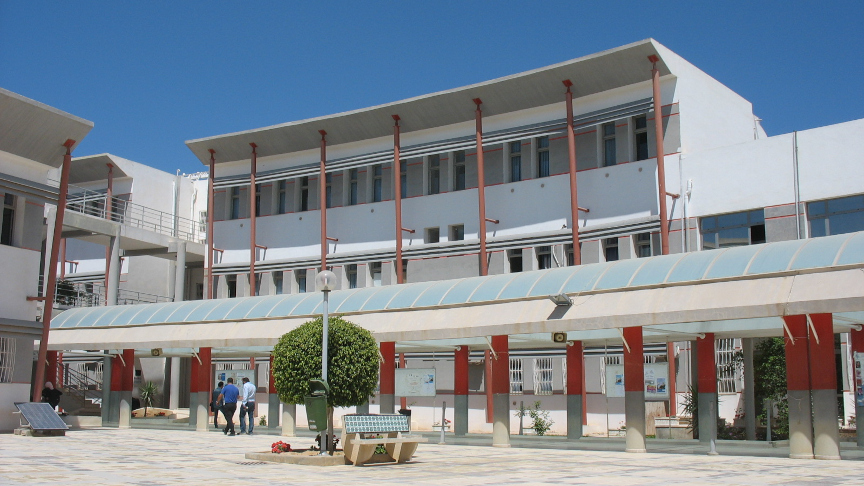
This comprehensive guide provides an in-depth look at the Tunisian education system, shedding light on its structure, quality, and accessibility for expats.
The Tunisian education system is divided into three main stages: primary education, secondary education, and higher education. Education is compulsory for children between the ages of 6 and 16, and the academic year typically runs from September to June, with summer holidays in July and August.
Primary education in Tunisia lasts for six years, starting at age 6. During this stage, students develop basic literacy and numeracy skills, as well as an understanding of science, history, and geography. The medium of instruction is Arabic, although French is introduced as a second language in the later years of primary education.
Following primary education, students progress to secondary education, which consists of two cycles: general education and technical education. The general education cycle lasts for three years, during which students study a broad curriculum covering subjects such as mathematics, physics, chemistry, biology, history, geography, and foreign languages. At the end of this cycle, students take the Baccalauréat, a nationwide examination that determines their eligibility for higher education.
The technical education cycle, on the other hand, focuses on vocational training and lasts for two years. Students who complete this cycle can enter the workforce directly or continue their studies in higher education.
Tunisia boasts a well-established higher education system, comprising universities, institutes, and colleges. Higher education institutions offer a wide range of programs in various fields, including engineering, medicine, natural sciences, humanities, and social sciences. To gain admission to a higher education institution, students must hold a Baccalauréat or an equivalent diploma and pass a competitive entrance examination.
The Tunisian education system has a reputation for high-quality education, with a strong emphasis on academic achievement and critical thinking. The country's literacy rate stands at around 81.8%, and Tunisia ranks 84th out of 180 countries in the 2021 Best Countries for Education report by US News & World Report. Moreover, Tunisia is a signatory to the Bologna Process, which aims to ensure comparability and compatibility in higher education across Europe.
Public education in Tunisia is free for all students, making it highly accessible. However, the quality of public schools can vary significantly, and many expats opt to send their children to private or international schools instead. These schools typically offer a higher standard of education and instruction in foreign languages, such as English or French, making the transition to a new country smoother for expat families.
For expats seeking an education in a foreign language or a curriculum that aligns with their home country, Tunisia hosts a number of international schools. Some of the most popular international schools in Tunisia include:
Public education in Tunisia is free for all students, regardless of their nationality. However, expats may prefer to send their children to private or international schools, which often offer a higher standard of education and instruction in foreign languages.
Tunisia has a high-quality education system, with a strong emphasis on academic achievement and critical thinking. The country ranks 84th out of 180 countries in the 2021 Best Countries for Education report by US News & World Report.
Yes, Tunisia hosts a number of international schools, including The American School of Tunis, Lycée Français de Tunis, and The International School of Carthage. These schools offer a foreign language of instruction or curricula that align with other countries, making them a popular choice for expat families.